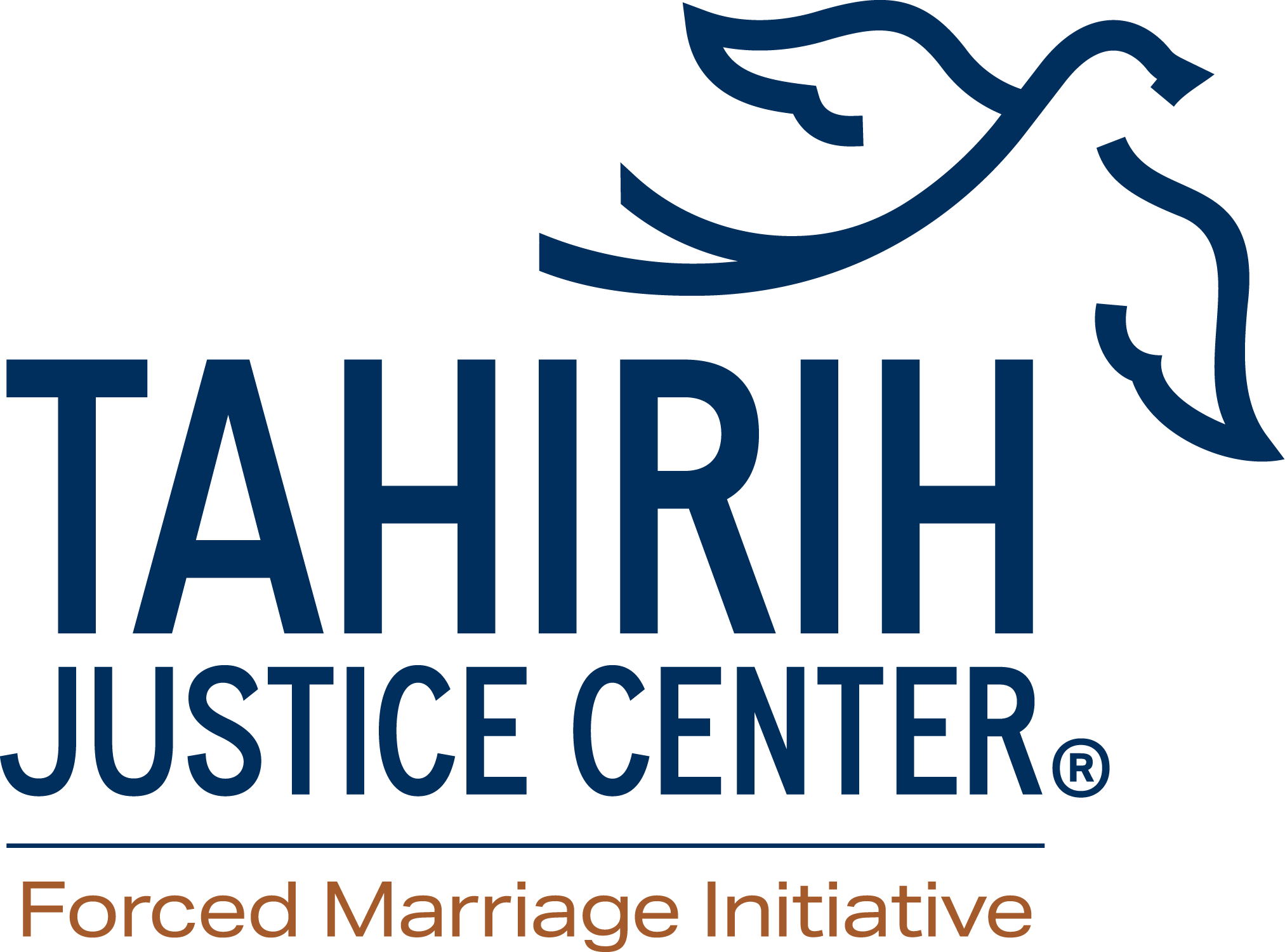Forced Marriage Overseas: Bhutan
Overview
Individuals from the United States may face some hurdles if trying to avoid and/or escape marriages in Bhutan. Although there is a high level of gender equity in Bhutan and significant recent progress in reducing high rates of child marriage,1 women and girls still suffer from exploitation and discrimination. Particularly in rural areas, women and girls may not be aware of their rights and available protections, putting them at risk of violence and abuse, including forced marriage.2
For further information and guidance for individuals from the U.S. that are facing or fleeing a forced marriage in Bhutan, please contact the Forced Marriage Initiative.
Marriage in Bhutan
Women and girls have the right to freely enter into and dissolve marriages in Bhutan, but may face family pressure about marriage decisions and be subject to customary practices such as early betrothal.3 The Marriage Act of Bhutan, as amended in 1996, set the minimum legal age of marriage at 18 for both men and women.4 There are no laws specifically criminalizing forced or child marriage. A legacy of widespread child marriage persists, with UNICEF’s most recent data reflecting a child marriage rate of 6.2% of the population married by age 15 and 25.8% married by age 18.5 Non-compliance with this minimum age is more prevalent in rural areas where birth certificates are nonexistent or not properly recorded, and registration of marriages is inconsistent.6 Women in these areas may also be at higher risk of forced marriages as they often lack access to information regarding the law and their rights.
The Marriage Act recognizes various grounds for divorce, including abuse. Divorce can be initiated by either a man or a woman, and both men and women can remarry without social prejudice.7 Anecdotal sources indicate divorce is fairly commonplace in Bhutan and does not carry the stigma it does in many neighboring countries.8
Potential Risks and Protections in Country
It is unclear whether a girl or woman facing a forced marriage situation could access adequate protections in Bhutan. While there are constitutional protections for women, and open access to healthcare, education and public services, domestic and workplace violence against women remains common. Societal and family pressure may discourage victims from reporting abuse or accessing help. A government survey in 2010 found that nearly 70% of women believe that it is culturally acceptable for a husband to beat his wife in certain circumstances,9 and NGOs report many women did not report rape because of cultural taboos or because they were unaware of their rights.
There are three police stations across the country that house Women and Children Protective Units addressing crimes against women and children.10 In addition, a number of NGOs focusing on assisting women and children, and protecting victims of sexual and domestic, operate centers in urban areas.11 Information on police response to situations of violence against women and forced marriage was not available.
Special Challenges in Returning to the United States
Please check the entry and exit requirements for Bhutan for the most up to date information.
- The Tahirih Justice Center Forced Marriage Initiative
We are available to help individuals from the United States who are facing or fleeing forced marriage in Bhutan, including providing phone, text, and email support, connecting with the U.S. government and local resources, and coordinating shelter and services back in the United States.
- The U.S. State Department
Bhutan and the United States do not have formal diplomatic relations, although engagement is maintained through the U.S. Embassy in Delhi, India.21 The United States does not maintain an embassy or consulate in Bhutan. The lack of an on-the-ground diplomatic presence may make it difficult to obtain timely assistance. A U.S. consular officer based in the U.S. Embassy in New Delhi, India, periodically visits Bhutan to provide certain services to U.S. citizens.13 For updated information and travel alerts, please visit the Department of State’s webpage on international travel in Bhutan. - U.S. Embassy New Delhi, India
Contact the embassy in the case of an emergency.
Tel: 011-91-11-2419-8000
Email: acsnd@state.gov
REFERENCES
1 Helvetas-Bhutan Gender Strategy 2008-2013.
2 Bhutan Women and Children Organization, Status of Women in Bhutan, available at http://www.oocities.org/bhutanwomen/statuswomen.html.
3 George P. Monger, Marriage Customs of the World: An Encyclopedia of Dating Customs and Wedding Traditions, Expanded Second Edition (2013).
4 The Marriage (Amendment) Act, 1996. Unofficial translation can be found at http://www.refworld.org/docid/3ae6b4d624.html or http://www.nationalcouncil.bt/wp-content/uploads/2011/02/Marriage_En_80.pdf (last visited May 16th, 2014).
5 UNICEF, Bhutan – Statistics, available at http://www.unicef.org/infobycountry/bhutan_statistics.html (last visited February 28, 2014).
6 International Center for Research on Women, Child Marriage in Southern Asia – Solutions to Ending Child Marriage in Southern Asia: Bhutan, available at http://reliefweb.int/sites/reliefweb.int/files/resources/Child_Marriage.pdf (last visited February 28, 2014).
7 CEDAW, An Updated Summary of the Report of the Kingdom of Bhutan (2003), available at www.gnhc.gov.bt/wp-content/uploads/2011/05/cedaw.pdf (last visited 3 April, 2014).
8 Karin Carmit Yefet, The Constitution and Female-Initiated Divorce in Pakistan: Western Liberalism in Islamic Garb, 34 HARVARD J. OF LAW & GENDER 553, 558 (2011).
9 UNICEF, Bhutan – Statistics, available at http://www.unicef.org/infobycountry/bhutan_statistics.html (last visited February 28, 2014).
10 Department of State, Country Reports on Human Rights Practices for 2012 – Bhutan, available at http://www.state.gov/documents/organization/204608.pdf (last visited March 24, 2014), at Section 6: “Discrimination, Societal Abuses, and Trafficking in Persons.”
11 CRC, Written replies by the Government of Bhutan to the list of issues prepared by the Committee on the rights of the child in connection with the consideration of the second periodic report of Bhutan (CRC/C/BTN/2), at 10, available at www.renewbhutan.org (last visited March 25, 2014).
12 Department of State, Bhutan Country Specific Information, available at http://travel.state.gov/content/passports/english/country/bhutan.html (last visited March 2, 2014).
13 Department of State, U.S. Relations with Bhutan, available at http://www.state.gov/r/pa/ei/bgn/35839.htm (last visited March 21, 2014).



